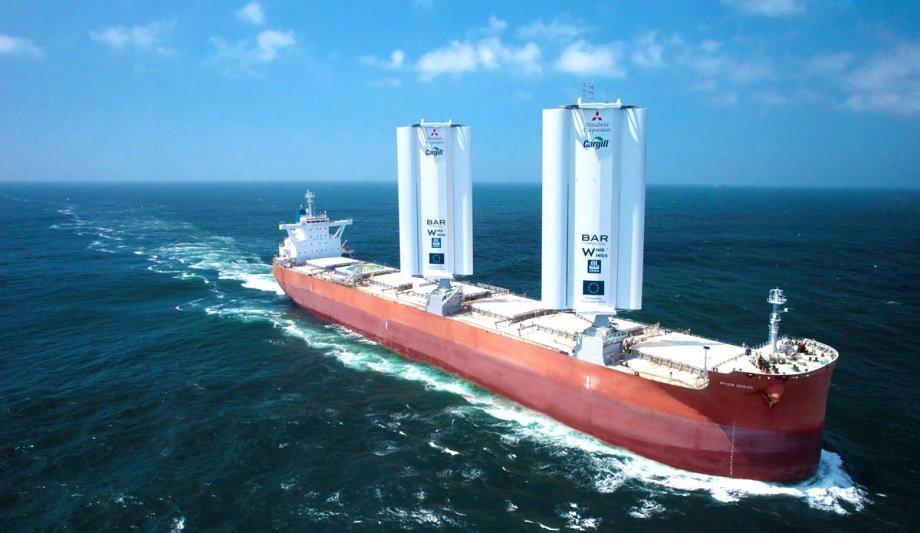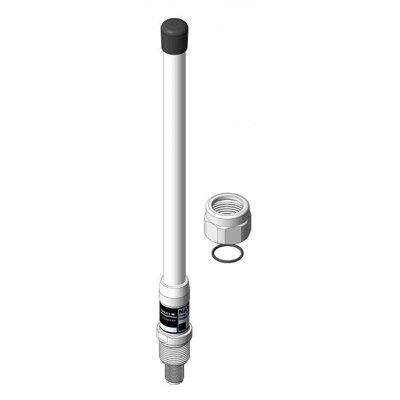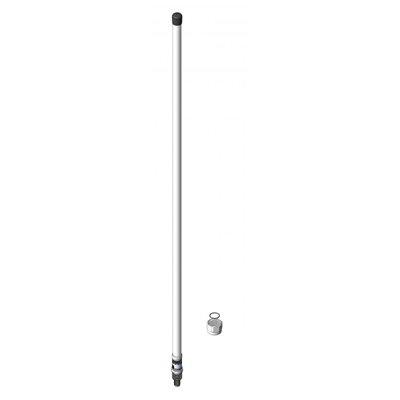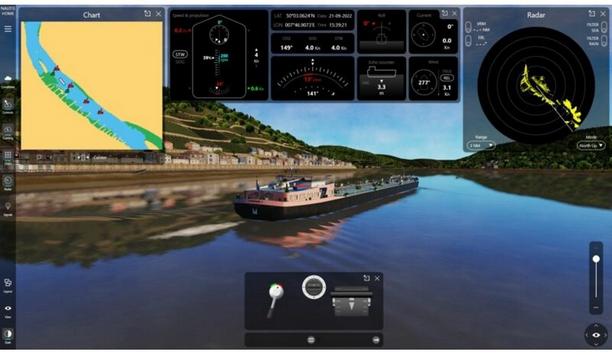Cargill and BAR Technologies’ ground-breaking innovation, BAR Tech WindWings by Yara Marine sets sail on open waters, testing new technology that will bring cutting-edge wind propulsion to commercial shipping for the first time.
Mitsubishi Corporation’s Pyxis Ocean, chartered by Cargill, is the first vessel to be retrofitted with two WindWings, which are large wing sails measuring up to 37,5 metres in height that can be fitted to the deck of cargo ships to harness the power of the wind.
30% fuel savings
Produced by industrialisation partner - Yara Marine Technologies, they are expected to generate average fuel savings of up to 30 percent on new build vessels, which could be even higher if used in combination with alternative fuels.
The installation of the wings took place at the COSCO shipyard in China and the Pyxis Ocean is on the water, conducting her maiden voyage.
Decarbonising solutions
We are not afraid to invest, take those risks and be transparent with our learnings to help our partners"
“The maritime industry is on a journey to decarbonise, it’s not an easy one, but it is an exciting one,” said Jan Dieleman, President of Cargill’s Ocean transportation business, adding “At Cargill, we have a responsibility to pioneer decarbonising solutions across all our supply chains to meet our customer’s needs and the needs of the planet."
Jan Dieleman continuesm "A technology like WindWings doesn’t come without risk, and as an industry pioneer, in partnership with visionary shipowner Mitsubishi Corporation, we are not afraid to invest, take those risks, and be transparent with our learnings to help our partners in the maritime transition to a more sustainable future.”
Energy transition
The installation demonstrates a step-change in attitudes towards technologies that can enable an energy transition for existing vessels.
The WindWings project, which is co-funded by the European Union as part of the CHEK Horizon 2020 initiative, can help the industry meet those targets by offering a retrofit solution that is capable of decarbonising existing vessels, which is particularly relevant given that 55 percent of the world’s bulker fleets are up to nine years in age.
Design, operation, and performance
The performance of the WindWings will be closely monitored over the coming months to further improve their design, operation, and performance, with the aim that the Pyxis Ocean will be used to inform the scale-up and adoption across not only Cargill’s fleet but the industry.
BAR Technologies and Yara Marine Technologies are already planning to build hundreds of wings over the next four years and BAR Technologies is also researching new builds with improved hydrodynamic hull forms.
Unique wind sail technology
If international shipping is to achieve its ambition of reducing CO2 emissions, then innovation must come"
John Cooper, Chief Executive Officer (CEO) of BAR Technologies, said “If international shipping is to achieve its ambition of reducing CO2 emissions, then innovation must come to the fore. The wind is a near marginal cost-free fuel and the opportunity for reducing emissions, alongside significant efficiency gains in vessel operating costs, is substantial."
He adds, "Today is the culmination of years of pioneering research, where we’ve invested in our unique wind sail technology and sought out a skilled industrialisation partner in Yara Marine Technologies, in order to provide vessel owners and operators with an opportunity to realise these efficiencies.”
WindWing Project
- The WindWing project is part of a project that has received funding from the European Union’s Horizon 2020 research and innovation programme under grant agreement No 955286.
- By harnessing the power of wind, WindWings can help vessel owners meet new CII rules. As wind power is not only zero emissions but is also non-depleting and hugely predictable, it offers significant efficiency gains in vessel operating costs.
- On an average global route, WindWings can save 1.5 tonnes of fuel per WindWing per day with the possibility of saving more on trans-ocean routes. This can translate into vessel owners saving heavy fuel oil (HFO) at c$800 per tonne, which will become even more important when saving against future fuels which will undoubtedly cost a lot more.

















